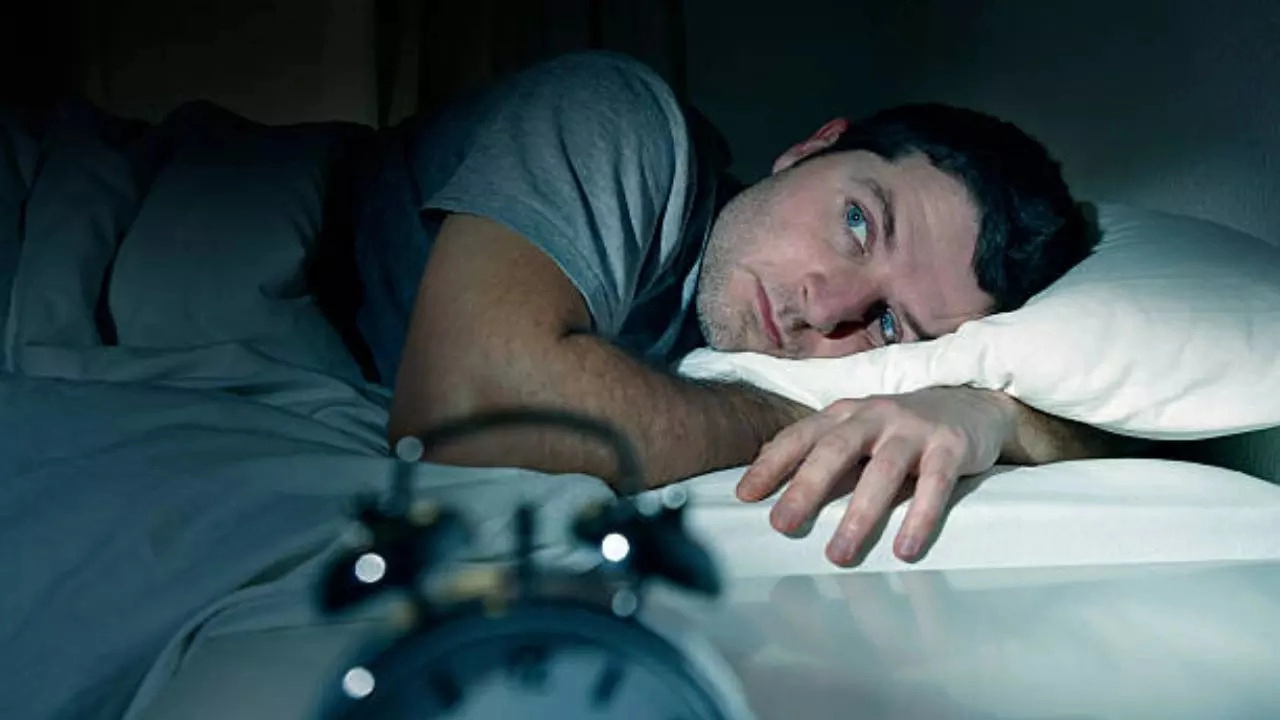Debosmita Ghosh • 27 Oct 2024
Poor Sleep In Early Middle Age Linked To Faster Ageing Of Brain, Finds Study

Poor Sleep In Early Middle Age Linked To Faster Ageing Of Brain
Photo : iStock
A new study has found that people having poor sleep quality in early middle age show higher levels of shrinkage which is a sign of brain ageing. The study was published in the journal Neurology. A group of 589 people aged 40 years on average responded to sleep questionnaires both at the beginning of the study and again five years later. The participants had their brains scanned 15 years after the study began.
Clémence Cavaillès, from the University of California San Francisco and corresponding author said, “Our study, which used brain scans to determine participants’ brain age, suggests that poor sleep is linked to nearly three years of additional brain ageing as early as middle age.”
Cavaillès said that poor sleep habits have been linked to poor thinking and memory in later life, putting people at higher risk for dementia.
The researchers categorised participants’ sleep habits as such; short sleep duration, bad sleep quality, difficulty falling asleep, difficulty staying asleep, early morning awakening and daytime sleepiness. They were thus divided into three groups according to low, middle and high levels of poor sleep habits.
The researchers said that brain shrinkage revealed in the brain scans were used for gauging brain age, with higher levels indicating a greater age.
The team also found that people having middle levels of poor sleep habits had a brain age that was on average 1.6 years older than that of the people having low levels of poor sleep. Those having high levels of poor sleep were found to have an average brain age of 2.6 years older than those having low levels of poor sleep habits.
Kristine Yaffe, author from the University of California San Francisco said, “Our findings highlight the importance of addressing sleep problems earlier in life to preserve brain health, including maintaining a consistent sleep schedule, exercising, avoiding caffeine and alcohol before going to bed and using relaxation techniques.”
The authors said, “Poor sleep was associated with advanced brain age in midlife, highlighting the importance of investigating early sleep interventions for preserving brain health.”
Ways To Get Better Sleep
Here, take a look at some of the ways that can help you get better sleep.
Be consistent
Going to bed and waking up at the same time every day, even on weekends, helps to regulate your circadian rhythm. When you have a consistent sleep schedule, it makes it easier for you to fall asleep and wake up.
Screen time
The blue light emitted by your phones impacts the melatonin production in your body. This is the hormone which regulates your sleep. Avoiding screen at least an hour hour before bedtime can help you get better sleep.
Bedtime Routine
Engage in calming activities before bedtime, such as reading a book, taking a warm bath or practising relaxation exercises signals your body that it is time to wind down and sleep
Diet
Avoid heavy meals, caffeine and alcohol close to bedtime. These can disrupt sleep patterns and make it harder for your body to get a restful night's sleep.
Exercise
Exercising regularly can improve your sleep. Try and aim for at least 30 minutes of moderate exercise, however, try to finish your workouts at least a few hours before bedtime.
Limit Your Naps
While short naps can be refreshing, long or irregular napping during the day can impact your nighttime sleep.
Sleep Environment
Make sure that your bedroom is dark, quiet, and cool. You can use blackout curtains, earplugs, comfortable pillows and mattresses.
(With inputs from PTI)
Get Latest News Live on Times Now along with Breaking News and Top Headlines from Health and around the world.